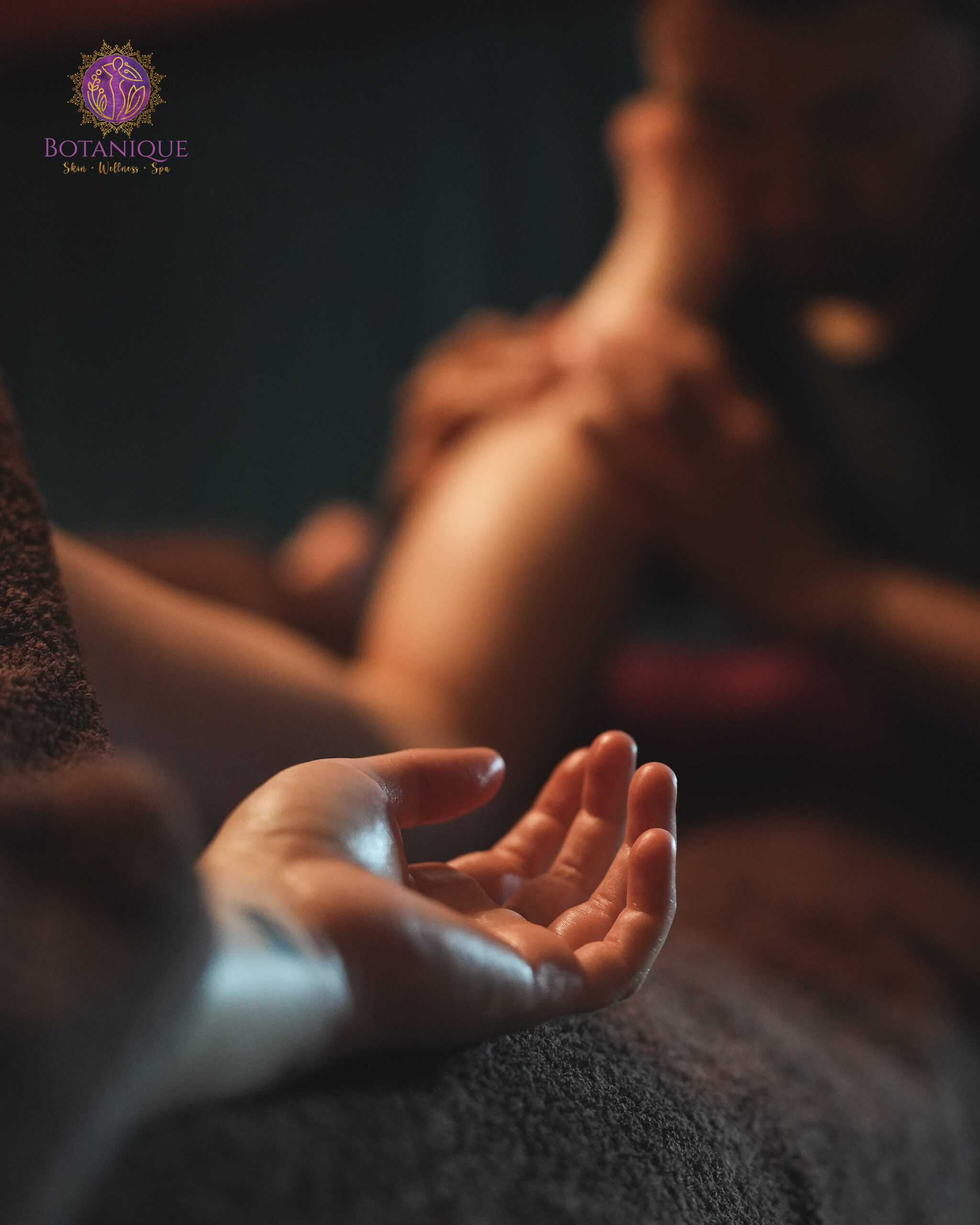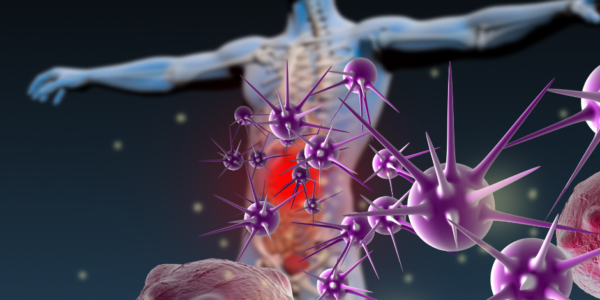
Beating Stress Overload – Techniques for Healthy Body & Skin
Stress can have a significant impact on both the body and the skin. When we experience stress, our body releases stress hormones like cortisol, adrenaline, and noradrenaline, which trigger a range of physiological responses. These responses can affect various bodily systems, including the skin.
If you are under constant stress, you may notice:
- Inflammation: Stress can promote inflammation throughout the body, including the skin leading to conditions such as acne, eczema, psoriasis, and rosacea.
- Hormonal imbalances: Stress disrupts the balance of hormones in the body, which can contribute to skin issues. For instance, increased cortisol levels can stimulate oil production in the skin, leading to breakouts and acne.
- Impaired skin barrier function: Chronic stress can weaken the skin’s barrier function, which normally helps retain moisture and protect against external irritants. A compromised skin barrier can result in dryness, sensitivity, and an increased risk of skin infections.
- Accelerated aging: Prolonged stress can accelerate the aging process by affecting the structure and function of the skin. Stress hormones can break down collagen and elastin, which are essential proteins for maintaining skin elasticity and firmness. This can lead to the development of wrinkles, fine lines, and sagging skin.
- Delayed wound healing: Stress can impede the body’s natural healing process, including the healing of wounds and skin injuries. It can slow down the production of new skin cells, impair blood flow, and decrease the activity of immune cells, making it harder for the skin to repair itself.
- Unhealthy coping mechanisms: During times of stress, some individuals may engage in unhealthy behaviours like excessive alcohol consumption, smoking, or neglecting skincare routines. These habits can further worsen skin health and contribute to various skin problems.
It’s important to note that everyone’s response to stress can vary, and not everyone will experience the same skin-related effects. However, managing stress through healthy lifestyle choices, stress-reducing techniques, and seeking support from healthcare professionals can help mitigate its impact on the body and skin.
Techniques for Beating Stress
Dealing with stress is an important aspect of maintaining overall well-being. Here are some techniques that can help you manage and reduce stress:
- Identify the source of stress: Recognize the specific causes of your stress. Understanding what triggers your stress can help you address it more effectively.
- Practice relaxation techniques: Engage in activities that promote relaxation, such as deep breathing exercises, progressive muscle relaxation, meditation, or yoga. These techniques can help calm your mind and reduce stress levels.
- Exercise regularly: Physical activity is an excellent way to reduce stress. Engaging in regular exercise releases endorphins, which are natural mood boosters. Find activities you enjoy, such as walking, jogging, dancing, or playing a sport, and make them a part of your routine.
- Prioritise self-care: Take care of your physical and mental well-being. Ensure you get enough sleep, eat a balanced diet, and make time for activities you enjoy. Engaging in hobbies, spending time with loved ones, or taking breaks can help you relax and recharge.
- Time management: Feeling overwhelmed by a busy schedule can contribute to stress. Practice effective time management by setting realistic goals, prioritizing tasks, and breaking them down into smaller, manageable steps. This approach can help you stay organized and reduce stress related to deadlines and responsibilities.
- Seek support: Reach out to friends, family, or a support network when you’re feeling stressed. Talking about your feelings can provide emotional relief, and others may offer advice or alternative perspectives on your situation. If needed, consider seeking professional help.
- Practice mindfulness: Be present in the moment and cultivate mindfulness. Paying attention to the present moment without judgment can help reduce stress and anxiety. Mindfulness techniques, such as mindful breathing or mindful eating, can help you stay grounded and focused.
- Set boundaries: Learn to say no when necessary and establish boundaries to protect your time and energy. It’s okay to prioritize your well-being and avoid taking on more than you can handle.
- Engage in stress-reducing activities: Find activities that help you unwind and reduce stress, such as listening to music, reading a book, taking a bath, or spending time in nature. Engaging in pleasurable activities can help shift your focus away from stressors.
- Adjust your perspective: Challenge negative thoughts and reframe them in a more positive and realistic light. Practice self-compassion and remind yourself that it’s okay to make mistakes or experience stress. Adopting a growth mindset can help you navigate stressful situations with more resilience.
Remember that everyone responds to stress differently, so it’s important to find techniques that work best for you. Experiment with different strategies and observe how they impact your stress levels.
For calming the skin, we recommend our Botanique Skin Nutrition Botanical Balancing Mist coupled with Nutraceutical Nourishing Oil. Treatments focused on stress reduction include Hot Stone massage, calming facial, or a Day Spa package.




